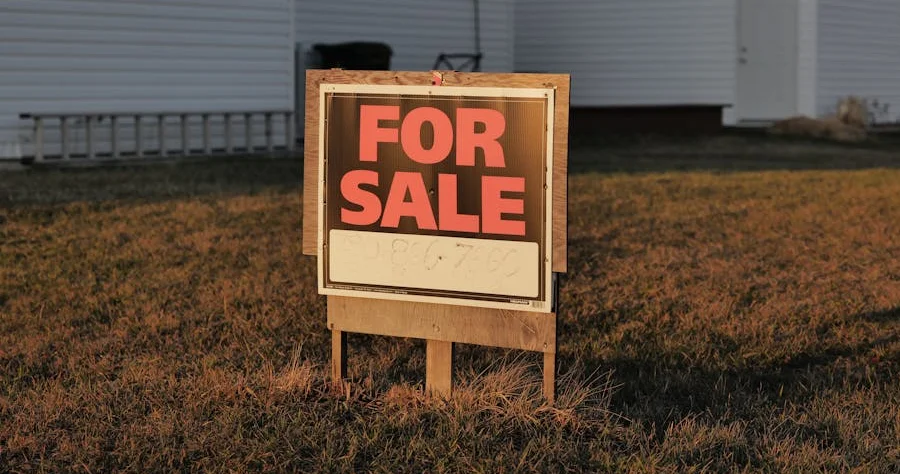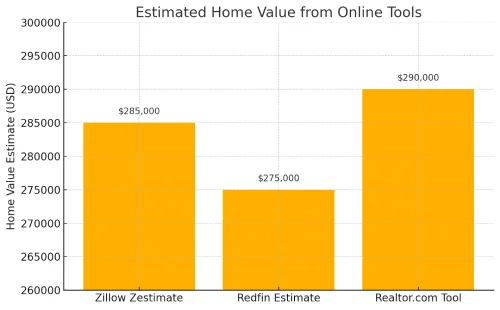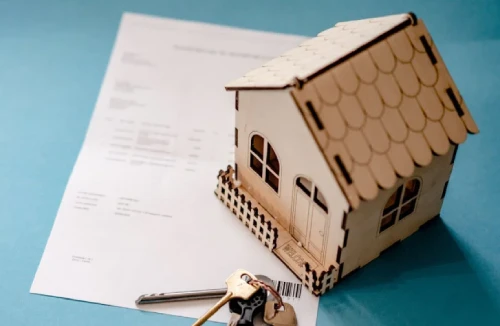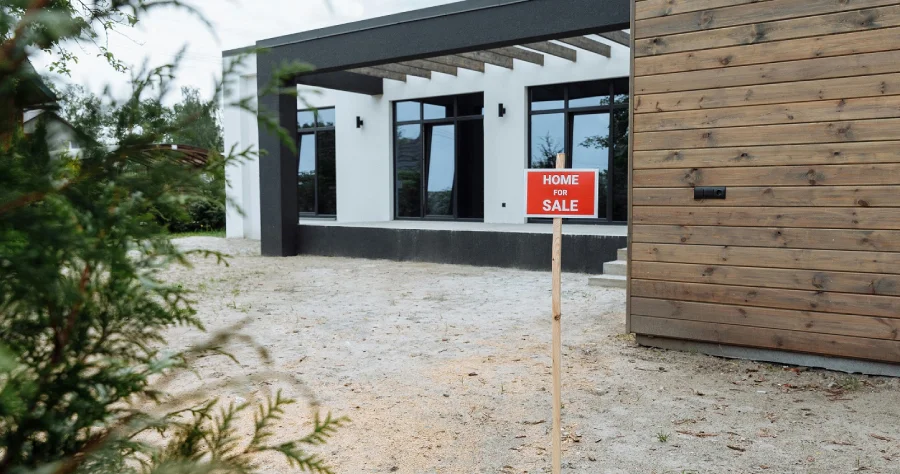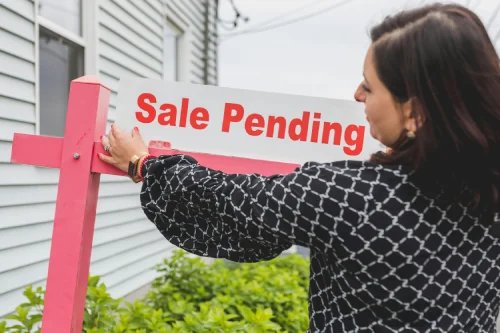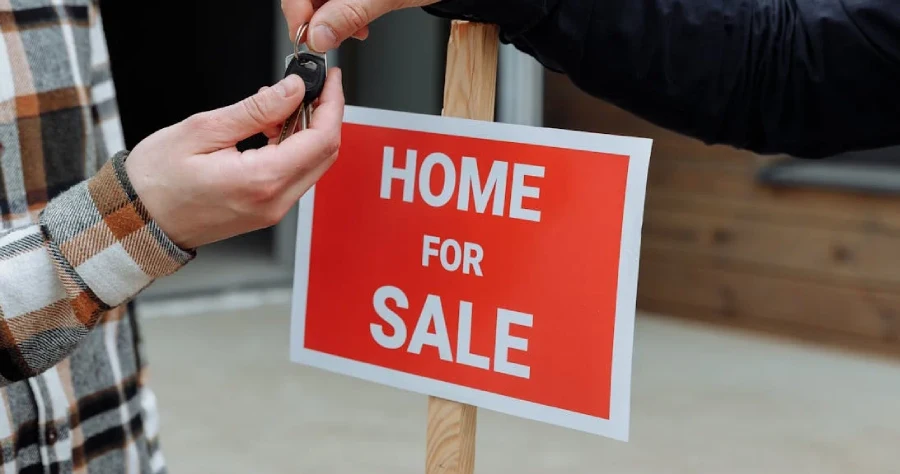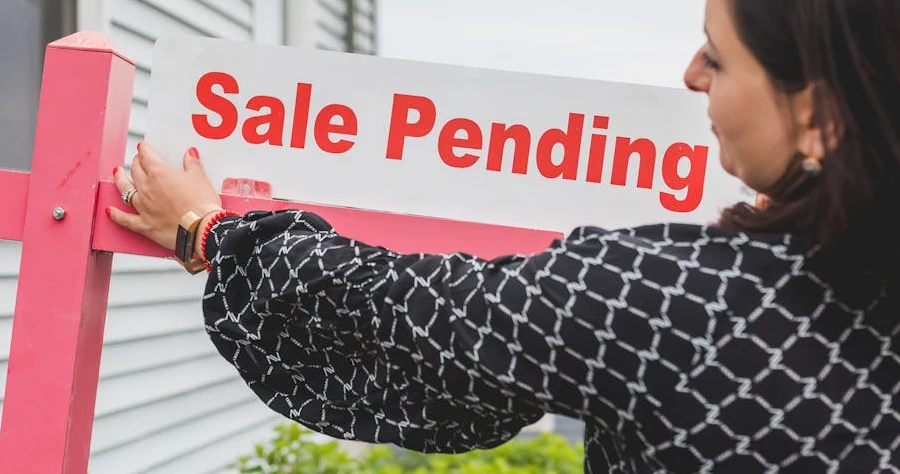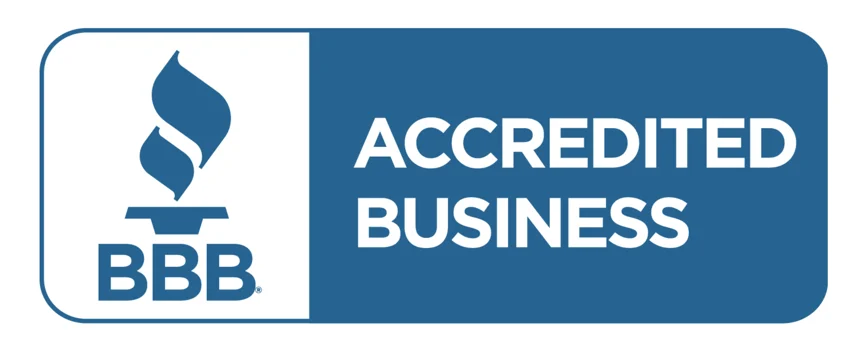Selling your home is a major decision—but what happens if you change your mind after accepting an offer? Whether it’s due to personal circumstances, cold feet, or a better opportunity, many sellers ask: “Can I back out of selling my house before closing?”
The short answer: Yes—but it’s complicated. Let’s break down what you need to know, the potential consequences, and how to protect yourself.
1. Yes, But It Depends on the Contract
If you’re asking yourself, “Can I back out of selling my house before closing?”, the answer is yes—but with some big asterisks.
Once you sign a purchase agreement, you’ve entered a legally binding contract. That means your ability to cancel the deal depends on the specific language and contingencies in that contract. These contingencies act like legal escape hatches, allowing you to walk away under certain conditions without penalties.
Here are a few examples of common seller-friendly contingencies:
- Home of choice clause – This allows you to cancel the sale if you’re unable to find or secure a new place to live.
- Title issues – If there are unresolved title problems, such as liens or ownership disputes, you may be able to legally pause or cancel the sale.
- Mutual agreement – If both you and the buyer agree to terminate the deal, no harm done. This often happens when both sides realize the timing or conditions just don’t work.
However, if there are no applicable contingencies and the buyer wants to proceed, backing out could be considered a breach of contract. That can open the door to lawsuits, financial penalties, and strained relationships with your agent or buyer.
The best thing you can do is review your contract carefully and consult a real estate attorney before making any decisions. It could save you thousands in legal costs—and a lot of stress down the road.

2. Valid Reasons to Cancel a Home Sale
So, can I back out of selling my house before closing if I have a good reason? In many cases—yes. But you’ll need a solid, legally justifiable reason to avoid penalties.
Here are some valid situations where backing out might be possible:
1. Life Circumstances Changed Suddenly
Maybe you lost your job, experienced a family emergency, or your moving plans fell through. If your situation changes drastically, you may be able to cancel the sale, especially if your contract includes a contingency for finding a new home or other personal conditions.
2. Title or Legal Issues
If the buyer’s title search uncovers problems—like unpaid taxes, liens, or ownership disputes—you may not legally be able to close until those issues are resolved. In this case, delaying or canceling the sale is often allowed, and you won’t be penalized.
3. Home Doesn’t Appraise
If the buyer’s lender sends an appraiser and your home doesn’t meet the contract value, the buyer may ask for a lower price. If you’re unwilling to budge and the contract doesn’t force you to, you might be able to walk away.
4. Cold Feet or Second Thoughts (Not Always Valid)
We all get emotional. But just having second thoughts isn’t always a legally valid reason to cancel. If your contract is airtight and lacks an escape clause, backing out just because “you’re not feeling it” can lead to legal trouble or financial consequences.
Pro tip: Always talk to your agent and possibly a real estate attorney before making any moves. They can help you understand your rights based on the agreement you signed.
3. What Happens If You Break the Contract?
Backing out of a signed real estate contract isn’t as simple as changing your mind. Once you’ve signed a purchase agreement, both you and the buyer are legally bound to fulfill the terms unless certain contingencies or legal loopholes apply.
If you decide to walk away without a valid reason or outside of the allowed timeframe, the consequences can be serious. You may be required to:
- Return the buyer’s earnest money deposit
- Pay damages for breach of contract
- Cover the buyer’s legal fees if they sue
- Face a lawsuit to force the sale (specific performance)
The financial and legal fallout often depends on state laws, the specific language in your contract, and how far along you are in the process. That’s why it’s crucial to read every clause carefully and consult with a real estate attorney before making any sudden moves.
For a deeper dive into potential consequences and your legal options, check out this helpful guide on what happens if a seller backs out of a real estate contract from Nolo.
4. How to Cancel the Sale the Right Way
If you’ve decided you truly need to back out of the sale, timing and communication are everything. Doing it the right way can help you avoid legal trouble and maintain your reputation—especially if you’re selling locally and might buy again soon.
Here’s how to approach it:
- Review Your Contract Carefully: Look for seller-specific contingencies, such as clauses that allow you to cancel if you can’t find suitable housing or if certain deadlines aren’t met. Knowing your rights in the agreement is the first step.
- Act Quickly: The sooner you let your agent and the buyer know, the better. Delaying only increases the risk of legal and financial consequences.
- Offer to Reimburse the Buyer: If the buyer has already paid for things like a home inspection or appraisal, offering to cover those costs can go a long way toward resolving the situation amicably.
- Talk to a Real Estate Attorney: Don’t try to navigate this alone. A local attorney can help you understand your options and guide you through a legal and ethical cancellation process. You can read more about how to cancel a real estate contract the right way through LegalZoom.
Canceling a home sale isn’t ideal—but if you handle it properly, it doesn’t have to turn into a disaster.

5. Alternatives to Backing Out (Especially for Michigan Homeowners)
Still on the fence? Backing out of a home sale is a big move, but it’s not your only option. Sometimes a little breathing room or creative compromise can save the day—and the deal.
Here are some alternatives to consider:
- Delay the Closing Date
If you’re not quite ready—whether emotionally, financially, or logistically—you can request a later closing date. Many buyers are willing to work with sellers, especially in places like Grand Rapids, Holland, or Kentwood, where demand is strong and timelines can be flexible. - Negotiate a Rent-Back Agreement
This option allows you to sell your home but stay in it for a short time as a renter. It’s perfect if you’re waiting to move into a new place or need time to relocate. Rent-backs are becoming more common in West Michigan’s competitive housing market. - Take a Break and Relist Later
Sometimes the best decision is to hit pause. If you’re overwhelmed, it’s okay to step back and relist your home when you’re ready. Selling isn’t just a financial transaction—it’s an emotional one, too.
If the stress of selling has you second-guessing, it might just mean you need a better plan—not a complete cancellation.
Final Thoughts: Can You Back Out of Selling Your House Before Closing?
Yes, you can back out—but only if you’re ready to deal with the legal and financial consequences. It’s always best to talk with your real estate agent and an attorney before making any final decisions.
Here in West Michigan, sellers sometimes experience second thoughts due to fast-moving markets and personal stress. If you’re feeling stuck or overwhelmed, Hometown Development can offer guidance—and even flexible options if you’re looking for a no-pressure way forward.
👉 Need to hit pause on selling your home? Contact us for a free consultation. Whether you’re looking for more time, a different approach, or just want to explore your options, we’re here to help you make the right decision—on your terms.

